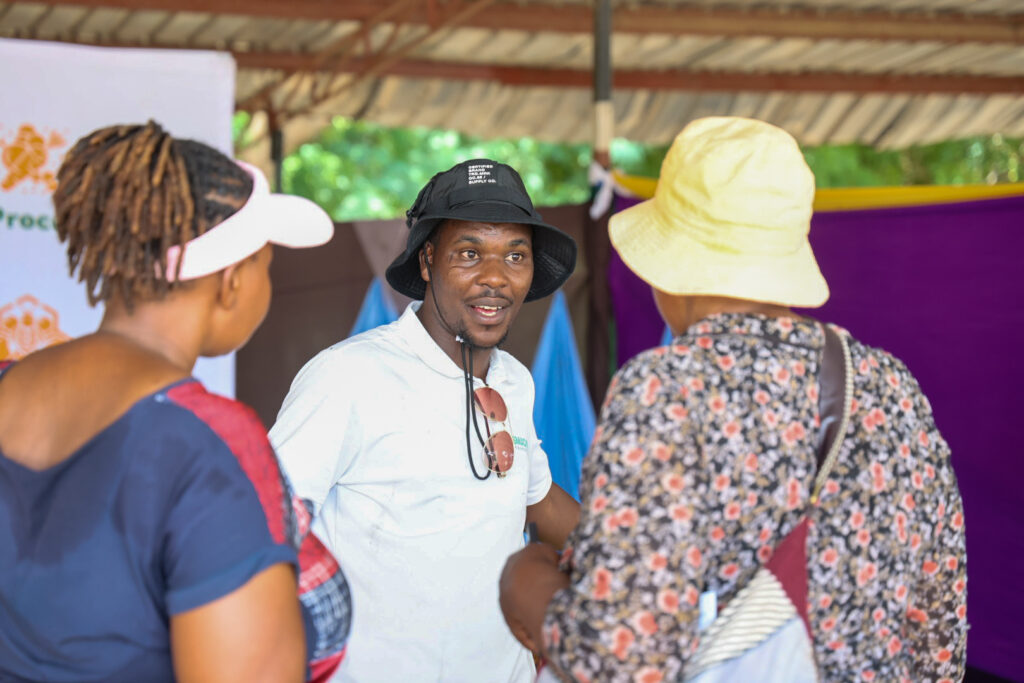There’s something about Turkana that you can’t quite explain until you’ve been there. The heat? Relentless. The landscapes? Straight out of a movie. The people? Warm, proud, and deeply rooted in culture. It’s a place that challenges your comfort zone—but rewards you with perspective.
So when we found out that this year’s World Bee Day was being celebrated in Lodwar, the heart of Turkana County, we knew we were in for more than just a standard event. What we didn’t expect was a total rethink of how we view bees, food, and the future.

Wait… Bees Are That Important?
Let’s be honest—most of us only think about bees when we see one hovering near our soda can. But these tiny creatures are doing big things behind the scenes. Bees pollinate around three-quarters of all food crops, which means no bees = no food. No food = well, we all know how that ends.
In Turkana and other ASALs, where climate extremes and food insecurity are a daily reality, these unsung heroes become a cornerstone in the fight for survival
Beekeeping: Not Just for Old Men with Smoky Suits
One of the best moments in Lodwar was meeting young people running modern beekeeping operations. Forget the stereotypes—these young people are branding their honey, pitching to markets, and turning what used to be a side hustle into a full-on business.
Turns out, you don’t need a tractor or greenhouse to be in agribusiness. Sometimes, all you need is a box, a bee colony, and the boldness to try. And Turkana’s youth are proving that this model works.
Bees & Climate Change: The Connection Is Real
Turkana’s drylands are on the frontline of climate change, but they also hold solutions. Bees thrive in the wild. They don’t ask for much—just no chemicals, flowering plants, and a little peace and quiet. Sounds like a good life, right?
By encouraging more bee-friendly landscapes, we’re not only producing honey—we’re restoring ecosystems, improving crop yields, and creating jobs. It’s climate action, wrapped in golden, sticky sweetness.
The Vibe of World Bee Day
The celebration wasn’t just speeches and banners. There was dancing. There were honey tastings. There were conversations about what it means to build a sustainable future in one of Kenya’s most climate-vulnerable regions.
It was loud in all the right ways—and silent in the moments that made you think: Why haven’t we taken bees this seriously before?

So, What Now?
- Plant flowers.
- Say no to harmful pesticides.
- Support young beekeepers.
- Talk about bees like your life depends on it. Because it kinda does.
If the bees are working overtime for us, maybe it’s time we did a little more for them

